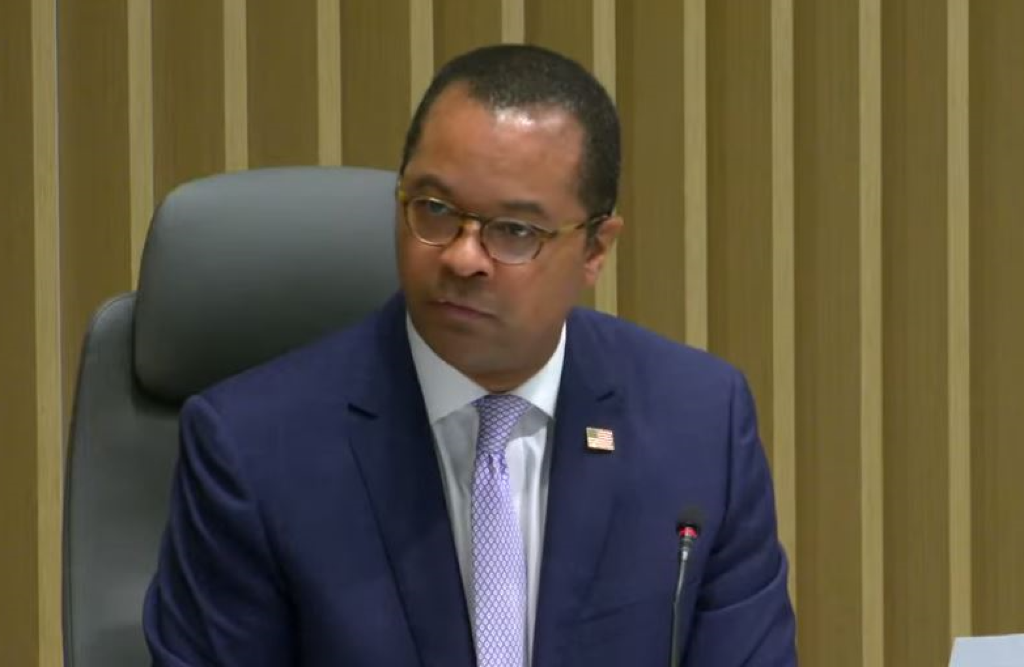Mediacom Suggests Rip-and-Replace Reforms
The company encouraged the FCC to redistribute available funding
Ari Bertenthal

WASHINGTON, Sept. 24, 2024 – A regional Internet Service Provider has suggestions on how the federal government can improve a program to rid U.S. communications networks of China-made equipment.
Mediacom Communications, which serves 1.3 million broadband subscribers, participated in the $1.9 billion Secure and Trusted Communications Networks Reimbursement Program, also known as the Rip and Replace program.
In addition to noting a funding shortfall, the company offered several program reforms to the Federal Communications Commission, which Congress charged with supervising the program created by the Secure and Trusted Communications Networks Act of 2019.
Mediacom called on the FCC to remove reimbursement uncertainty to ensure participants receive their "remaining funds, which, for many, may be tens of millions of dollars."
The company said some participants have not used their "their full prorated allocation." In that case, Mediacom said, those unused funds should be reallocated to participants that have pending reimbursement claims.
Congress provided $1.9 billion to fund the program, but the total amount of support requested was $4.98 billion, leaving about a $3 billion deficit. That forced the FCC to cut allocations by about 60%, noted Mediacom Vice President of IP Networks Greg Euker in a Sept. 17 letter to the FCC.
For smaller providers like Mediacom, the budgetary shortfall could mean significant and unsustainable costs, Euker said.
Congress passed the law to fund the removal of gear made by China-based Huawei and ZTE from U.S. communications networks. In June 2020, the FCC designated Huawei and ZTE as national security threats.
FCC Commissioner Geoffrey Starks said in a Sep. 10 speech to the Competitive Carriers Association that “[the budget shortfall] is leaving insecure equipment still in America’s telecommunications system. That’s why fully funding the Secure and Trusted Communications Networks Reimbursement Program is vital.” He added, “The corresponding threat to our national security, public health, and economy is staggering.”









Member discussion